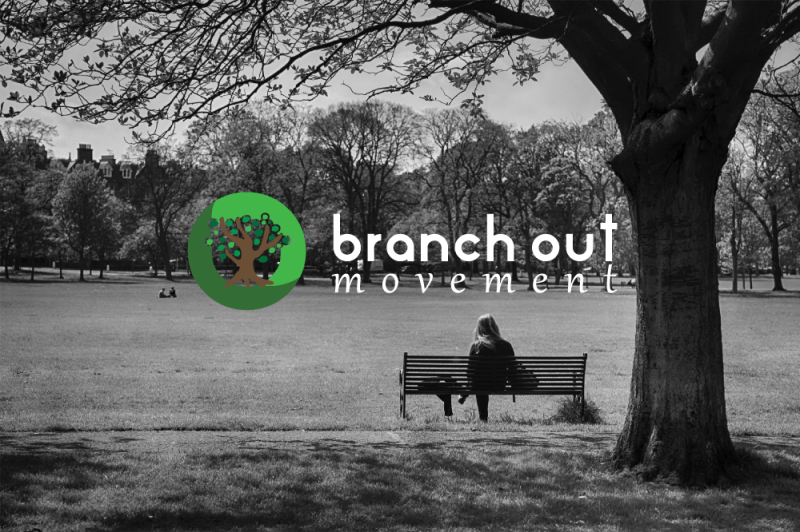

The Branch Out Movement is a social project that promotes live interactions through random conversations.
Even when amongst friends, Americans are magnetized to their phones. Verbal conversations between strangers have given way to online interaction. Though some argue that advances in social technology have prompted widespread interaction that transcends barriers of space, the founders of the Branch Out Movement argues that it has replaced genuine human interaction.
"Our mission is to help break down the barriers that prevent people from meeting and interacting "the good, ol' fashioned way.' We hope to make a positive impact by encouraging social acts and good deeds, as we pursue a collective effort to connect in the physical world again," claims the Brach Out Movement's website.
Cory Shea and Alan Liao, co-founders of the Branch Out Movement, attempt to redefine the industry of online social networking. The Branch Out Movement, founded back in September of 2014, promotes live interactions with strangers and requires a membership. The two founders are graduates of Penn State University and met through a mutual friend named Catie.
The project utilizes a system of rewards and promotions of rank for its users. There are weekly challenges, such as talking to strangers wearing red shirts about their favorite flavor of ice cream, that increase rank upon completion. Membership with the Branch Out Movement requires the purchase of a 5-dollar handmade bracelet that not only signifies membership, but also serves as a symbol for the dedication to an attitude of openness.
"May this bracelet serve as a conversation piece, as well as a reminder and personal commitment to reconnect in the real, physical world," states the project's website.
Membership also allows individuals to track their influence through a system of codes that others can sign up with. If someone signs up using your "tree code", the website will credit it to your account, thus keeping record of influence.
20 percent of the proceeds are donated to the Big Brothers Big Sisters of America; the organization provides mentorship for children in order to help them realize their potential.
The Branch Out Movement also addresses the issue of increased cyber bullying, youth suicide rates, and apathy in society. According to the founders, live conversation and interaction might be ways of curtailing this trend.
"We understand that our efforts alone cannot change the way we as humans interact with one another, but we hope that it is at least a step in the right direction to a more positive and empathetic world."



















